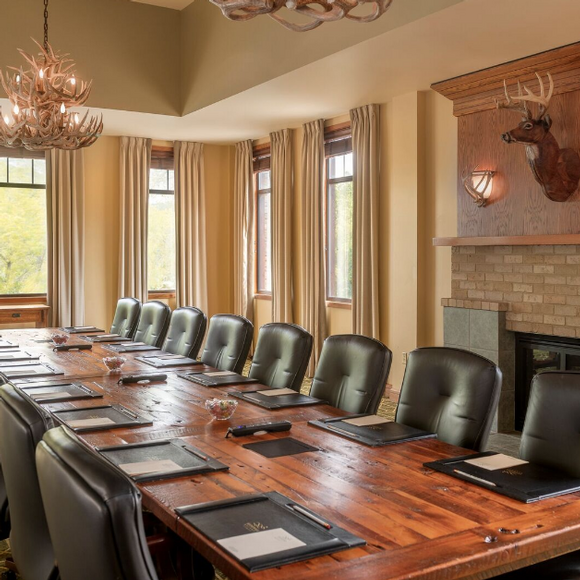As an administrative or executive assistant, you’re often the unsung hero behind successful company events. From intimate team-building retreats to grand corporate celebrations, your role is pivotal in orchestrating an event that’s memorable for all the right reasons.
Navigating through the maze of event planning can be daunting, but with the right information, you can tackle this challenge with finesse.
“Event planning can seem like a labyrinth, but with the right tools and a bit of know-how, it’s a maze you can navigate with confidence,” shares Shelley Gutta, a seasoned professional at Stonewall Resort.
Together with Robin Poling, they’ve pooled their expertise to craft this essential cheat sheet to streamline your event planning process.
Let’s dive into the essentials that will empower you to plan and execute an impeccable company event.
How to Plan a Company Event

☑️ Define the Purpose
Start by clarifying the goal of the event, it will be the cornerstone of your planning process.
“Knowing the event’s purpose is your guiding star,” advises Robin Poling.
If it’s team building, tailor activities to enhance collaboration; for celebrating milestones, highlight achievements with engaging stories; and for client relationships, create an exclusive experience that appreciates their partnership.
The clarity of your event steers your planning and provides a metric for its success, helping to align the event with your organization’s broader goals.
YOU MAY ALSO ENJOY: The Ultimate Corporate Event Planning Checklist
☑️ Budget Blueprint
Creating a comprehensive budget blueprint is a critical step in the planning process.
Begin by breaking down the budget into key categories:
- Venue rental
- Catering services
- Entertainment and speakers
- Transportation
- Decorations
- Audio-visual equipment
Don’t forget to factor in the cost of event insurance and any permits you may need.
Allocate a portion of your budget for unexpected expenses—this contingency fund can be a financial lifesaver for last-minute changes or emergencies. Regularly review and adjust your budget as quotes and invoices come in to avoid overspending.
“Knowing the budget shapes everything you do,” Shelley reminds us. “And don’t forget to document everything – those records are invaluable,” she adds.
A detailed and flexible budget ensures you can deliver a high-quality event without financial strain.
Hot Tip: Our Meeting Planners Toolkit can help you get organized – click below.

☑️ Venue Verification
Selecting the perfect venue is more than just finding a beautiful space; it’s about matching the environment to the tone and scale of your event.
Whether it’s a professional conference requiring a sleek, modern setting or a celebratory gala that calls for an elegant ballroom, the venue sets the stage for your guests’ experience.
“The venue is not just a backdrop; it’s an active participant in your event’s success. Choose a space that reflects the event’s intention,” suggests Robin.
Consider the layout and flow of the space — will it support networking, or does it encourage focused attention for presentations?
What about team-building and casual networking opportunities? Versatility is key to getting the most out of your gathering.
Additionally, technical capabilities are a must-check. Does the venue offer high-speed internet for live streaming, adequate power outlets for equipment, and top-notch audio-visual systems? If not, factor in the rental costs for these necessities.
Accessibility is another key factor; ensure that the venue complies with the Americans with Disabilities Act (ADA) to accommodate all guests comfortably.
Lastly, consider the proximity to transportation hubs and accommodations if you expect out-of-town attendees.
A well-chosen venue goes beyond aesthetics; it’s about functionality, comfort, and convenience, ensuring that the event runs smoothly from start to finish.
☑️ Date and Time
Securing the right date and time is a crucial element that can greatly impact attendance and overall event success.
When setting the date, cross-reference with company calendars to ensure there are no internal conflicts like important meetings or deadlines. Be mindful of industry events too, which could see key participants unavailable.
Considering public holidays is essential, as these can affect attendee availability and travel plans, not to mention potentially higher venue and supplier costs.
Timing is equally important. Determine if the event is best suited for a weekday or weekend, morning or evening.
For multi-day events, it might be strategic to include a weekend to minimize disruption to the workweek.
“The earlier you book, the more options you have.” Robin adds, “Consider your attendees’ schedules – you want to maximize attendance and convenience.”
Lastly, early scheduling often affords you a wider selection of venues and vendors, as top choices book up quickly.
Additional Items to Consider:
- Guest List Logistics: Compile a guest list and send out invitations well in advance. Consider online registration systems for efficient RSVP tracking.
- Catering Considerations: Tailor your menu to the event’s theme and your guests’ dietary restrictions. Offer a mix of options to cater to diverse preferences.
- Entertainment Essentials: Select entertainment that complements the event’s purpose. It could range from motivational speakers to live bands.
- Run-of-Show Rundown: Create a detailed event timeline, including setup and breakdown. Share this with your team and vendors.
- Contingency Clauses: Have a backup plan for unforeseen issues, like weather changes or technical difficulties.
- Communication Channels: Keep open lines of communication with all stakeholders. Regular updates can ensure everyone is on the same page.
- Feedback Forms: Plan to collect feedback post-event. This information is gold for improving future events.
“Remember, you’re the maestro of this event,” says Shelley. “With careful planning and a touch of creativity, you’ll orchestrate an event that resonates with every attendee.”
With this cheat sheet our team has prepared, you’re well on your way to creating an event that achieves its objectives and leaves a lasting impression on its attendees.
Take it one step at a time, and don’t hesitate to delegate tasks to capable colleagues. Your role is integral, and your efforts will shine through the seamless flow of a well-planned event.
Robin and Shelley wish you the best of luck, and happy planning!
Looking for more? Check out our library of (free!) resources below.






